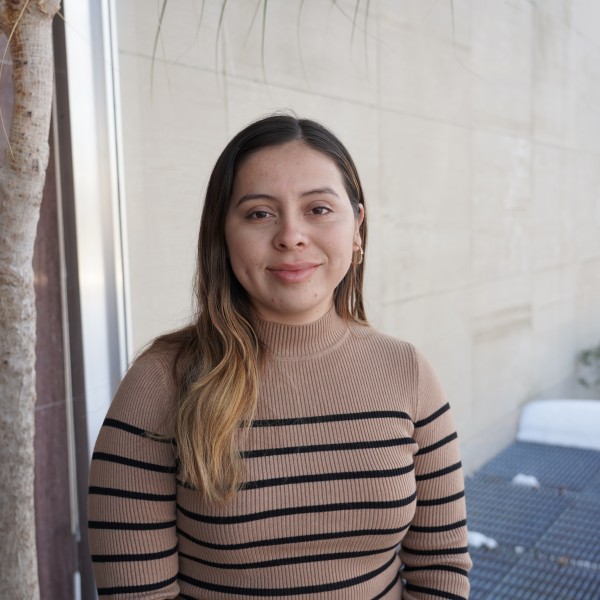These international experiences have a powerful and lasting impact on students, shaping how they think about national and international food systems. Going into the first trip in 1996, 15 of the 42 students had never left New York state, and many had never been on a plane.
“What they knew was home and New York. But what I learned is if you set the trip up correctly, they start to ask: Why do they do what they do? Is it culture, policy or resources?” said Mike Van Amburgh, professor of animal science, who developed the faculty-directed study abroad program and continues to lead the trips. “When I see alumni from 20 years ago, they still remember their experience. The trips helped them think differently about their food system.”
In the 1990s, students in the Cornell University Dairy Science Club wanted an opportunity to see what agriculture looked like outside of the U.S. After Van Amburgh began advising the group, he helped arrange a tour of the Royal Dairy at Windsor Castle in England in 1995. During the visit, students saw how the dairy managed its herd of Jersey cattle and gave the royal farm manager advice on growing alfalfa.
“Our program recognizes how complex and global food production, agriculture and dairy are,” Van Amburgh said. “Students need to leave the program with some understanding and experience to navigate such a complicated system.”







